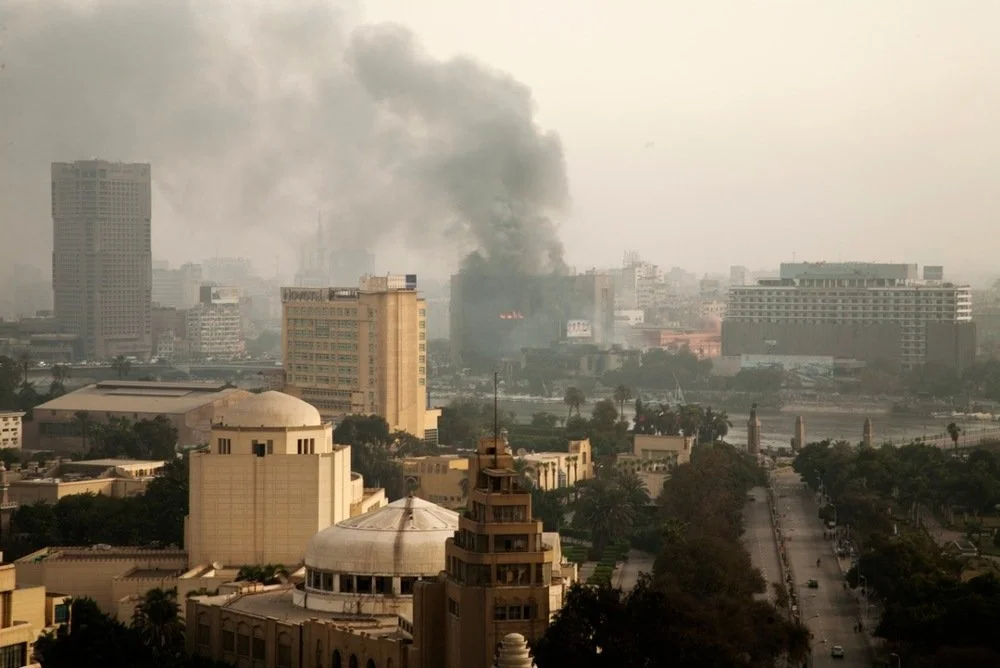words and photography by Aysha Griffin
“Aren’t you afraid?” and “Isn’t it dangerous?” These were the consistent questions posed by friends and family upon hearing I had booked a trip to Mexico. From my standpoint, it was a matter of avoiding winter’s cold, pursuing Spanish language studies and visiting American friends in San Miguel de Allende, a picturesque colonial city located in Mexico’s central state of Guanajuato.
 San Miguel de Allende, MexicoWithout any fear I flew from Albuquerque to Leon-Guanajuato Airport, via Houston, avoiding any border violence issues, and a 90-minute shuttle bus ride delivered me to this established and renowned cultural enclave of ex-pats and snowbirds. But the question of danger and safety in Mexico is not an easy or simple one to answer.
San Miguel de Allende, MexicoWithout any fear I flew from Albuquerque to Leon-Guanajuato Airport, via Houston, avoiding any border violence issues, and a 90-minute shuttle bus ride delivered me to this established and renowned cultural enclave of ex-pats and snowbirds. But the question of danger and safety in Mexico is not an easy or simple one to answer.
There is violence in Mexico, as everywhere. I recall an Australian friend who, landing in L.A. for his first trip to the U.S., called to ask if he should buy a gun – a reasonable question given the FBI estimate of over 200 million privately-owned firearms.
Americans – with our recent history of internal terrorism (Oklahoma City), external terrorism (September 11th), intentional public shootings (Tucson supermarket), serial murderers, drive-by shootings, rapes and other domestic violence; with handgun murders a daily occurrence in U.S. cities, and the largest prison population in the world – are hardly in a position to point fingers at the dangers abroad.
However, there is something different happening in Mexico. At the core are not just anger, political intolerance, insanity and psychopathic behavior, but money and turf war power, with illegal drugs (primarily marijuana) as the medium.
Thirty years ago, when I lived and traveled in Mexico for six months, handguns were illegal and even the police were gunless. At that time, Mexico was an extremely safe place in regard to violent crime. Corruption, usually in the form of bribes to officials, was a known, accepted and non-violent interaction. That was two generations ago and the world has changed in countless ways.















